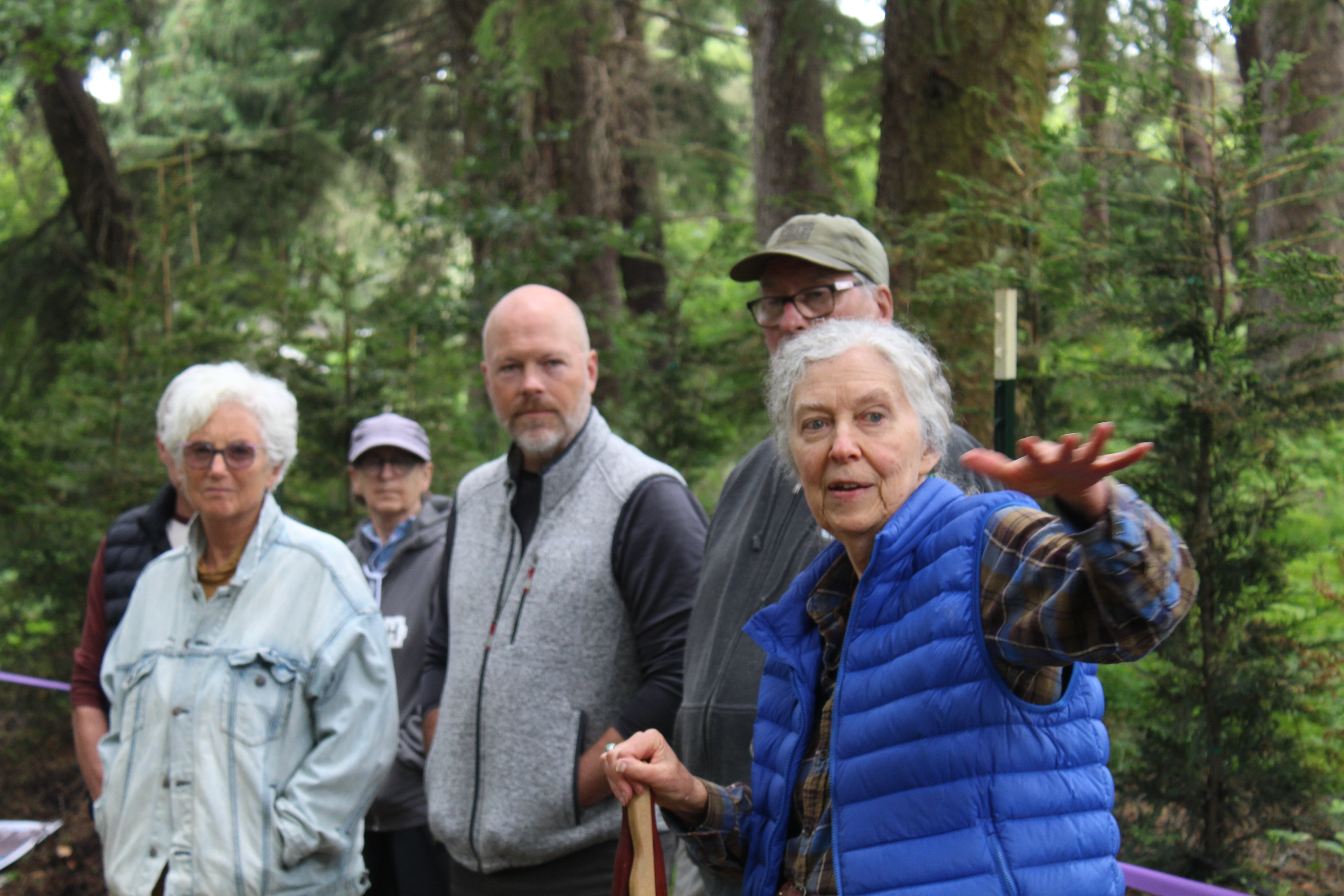Guest Column: Decriminalization fueling Measure 110’s failures
Published 12:30 am Thursday, November 30, 2023

- Matt Phillips
Oregon continues to struggle with a massive addiction and overdose crisis that ballooned following the decriminalization of personal possession of fentanyl and other lethal drugs under Measure 110.
Trending
With public opinion souring on decriminalization amid the rise of open-air drug use, drug-fueled crime and soaring overdoses, Measure 110 supporters are now shifting blame for the measure’s policy failures to, ironically, law enforcement.
The absurdity of this tactic should be obvious to Oregonians who remember that Measure 110 rhetoric was — and still is — to divorce law enforcement and prosecution from drug use — even if the justice system response is to steer individuals to treatment. As a result, it has also divorced our system of accountability from the personal and community harm caused by those who are severely addicted.
The measure, adopted in 2020, replaced prosecution for drug possession with a citation program. The idea was that police officers would give users a ticket — similar to a traffic violation —– and users could avoid the accompanying fine by calling a number to undergo screening with possible referral for treatment. The measure also directed a portion of cannabis tax revenue to fund additional treatment services.
Trending
But while the measure has dedicated hundreds of millions of dollars to treatment-based programs, other elements of the program have woefully underperformed. Of the 6,271 citations for possession of drugs written since Measure 110 took effect in February 2021, only 50 people have gone through the steps to ask for help and complete a substance use assessment, according to the Oregon Judicial Department, which tracks these cases.
These abysmal numbers demonstrate a lack of accountability for the damage caused by unchecked addiction. And Oregonians are rightfully frustrated at the human cost on full display across our state.
In response to the public’s concern, legislators are considering possible changes to Measure 110. Former lawmaker Max Williams is also leading a coalition to push the Legislature to fix Measure 110 or to champion a ballot initiative for November 2024.
Measure 110 advocates, however, are pushing back.
Instead of considering substantive changes like making possession and use of lethal drugs a crime again and mandating treatment as an alternative to jail, they point a finger at law enforcement to fix the problems Measure 110 made worse. They claim more time is needed to allow portions of Measure 110 like ticket writing and the hotline to work, have called on police to write more citations and have suggested police do more to connect people with Measure 110 outreach workers.
Some also are advocating that police should just confiscate the drugs from users on the street to change the tide of addiction.
These simplistic deflections have nothing to do with the real reasons Measure 110 is failing and are only scapegoating law enforcement. They also reveal the alternative policy priorities for Measure 110 defenders — keep lethal street drugs decriminalized, avoid personal accountability and circumvent any effort to mandate drug treatment, such as in exchange for dismissing criminal charges.
The paltry number of people who have completed the screening after receiving a citation shows that simply ramping up the number of tickets isn’t effective in changing behavior. Anyone on the front lines helping those in crisis will tell you that handing a ticket to someone with severe addiction will do nothing to encourage treatment, when they know there is no penalty for skipping court and not paying the fine.
And without arresting authority, police officers are often constitutionally impotent to simply confiscate drugs. The Fourth Amendment guarantees freedom from unreasonable searches and seizure. Considering that possession is no longer a crime, officers’ ability and authority to take drugs away or require someone to do something is significantly erased.
So, telling police to seize more from addicts fails as a matter of law, logic and evidence. This impossible expectation creates a precarious situation for our law enforcement officers on the street while simultaneously encouraging the very interactions that the Measure 110 drafters claimed to be intentionally avoiding. Politely asking for one’s drugs has never been and will never be an effective tool to fight drug addiction and the dealers that fuel it. Simply seizing a few dollars’ worth of inexpensive drugs in a flooded market won’t stop an addict from buying more.
Unless possession of these dangerous drugs is reestablished as a misdemeanor crime, no reasonable law enforcement agency will risk constitutional violations, potentially dangerous use of force interactions and the costly civil rights litigation that follows to direct officers to engage with users simply to confiscate drugs. Knowing that zero consequences and little accountability exist for refusing to surrender their stash, most will merely refuse.
We can deliver on the promise of Measure 110 and preserve the dedicated funding for expanded drug addiction services. But our Legislature needs to act now to make positive change by rejecting the naïve solutions meant to obfuscate Measure 110′s greatest flaw: removing law enforcement’s role in seeking accountability for Oregonians while incentivizing life-saving drug treatment and healthy recovery.









